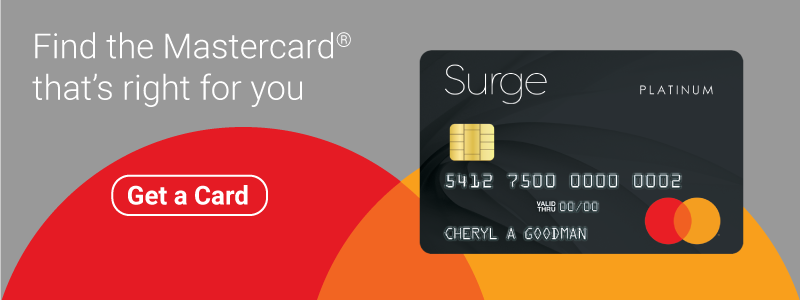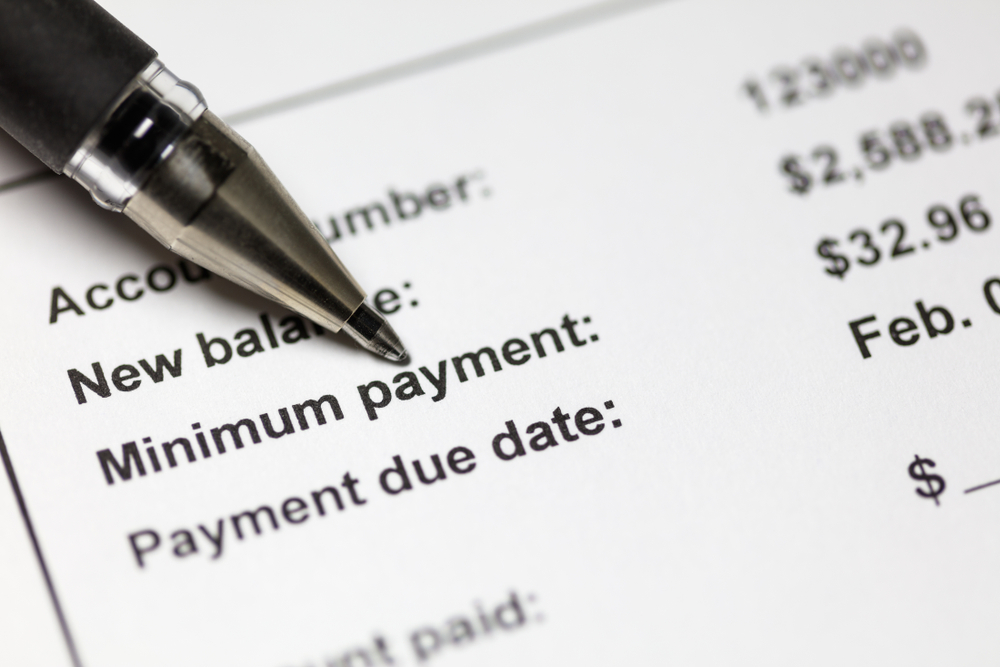Building, maintaining, and protecting your credit score are crucial to ensuring a healthy financial life. Having a great credit score can make credit and loan applications easier, since lenders will see you as a good investment. Not only will your credit based applications be more likely to be approved, but you’ll be entitled to better deals, such as lower interest rates and rewards like cashback or points.

Your credit card company won’t require you to pay your entire balance each month. Instead, they charge you a minimum amount due; an amount that’s a small portion of your current credit card balance (percentage depends on your credit card agreement). Minimum payments directly impact the two biggest components of your credit score; payment history and credit utilization.
When you pay only the minimum amount due each month, your credit score benefits and suffers simultaneously. The minimum payments that you make each month are actually helping your credit score, since payment history is 35% of your credit score.
What will probably have a negative impact is your credit utilization, a 30% factor in your credit score. Even though you’re making timely payments, there’s a chance that your credit utilization is already beyond 30% of your credit limit. Remember that when your credit usage is high, your credit score is negatively affected. Let’s say that you have a credit limit of $500, 30% of that amount is $150. If your balance after you make a payment is still over $150, your credit utilization would go down.
Minimum payments will only be positive on both factors (payment history and credit utilization), if you’re paying the minimum amount due on time and if your credit usage is below 30%. To give you a better idea, let’s use the same example above. If you have a credit limit of $500 and your current total balance is $100, the minimum amount due will be around $20 – $50. If you pay the minimum amount of $50, your balance will drop to $50 (just 10% of your credit limit).
Ideally, your credit utilization should only be at 10% to ensure that your credit rating will always be in good shape. Setting your credit utilization low will save you money because you’ll incur smaller interest charges each month.

Continental Finance is one of America’s leading marketers and servicers of credit cards for people with less-than-perfect credit. Learn more by visiting ContinentalFinance.net

